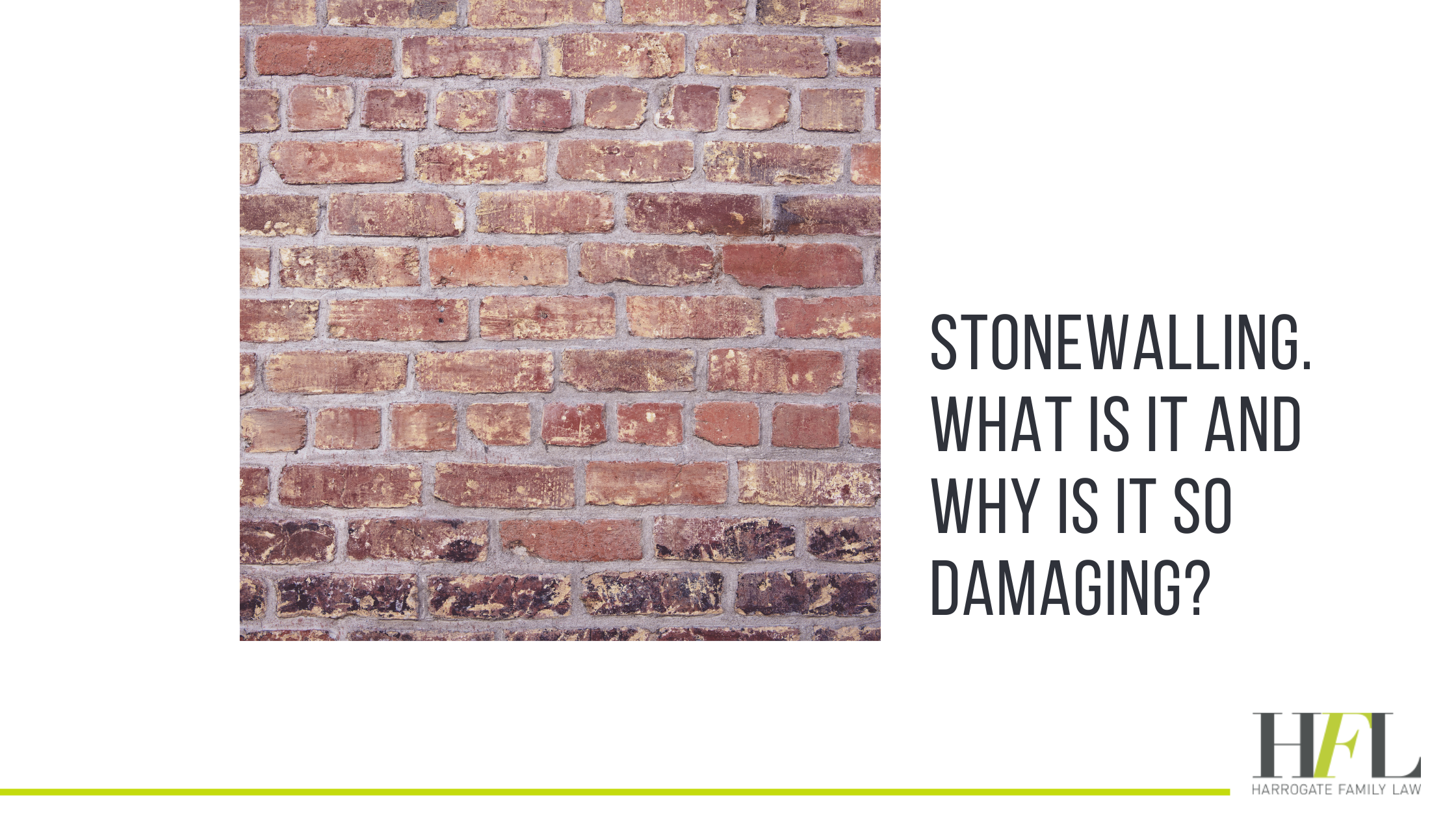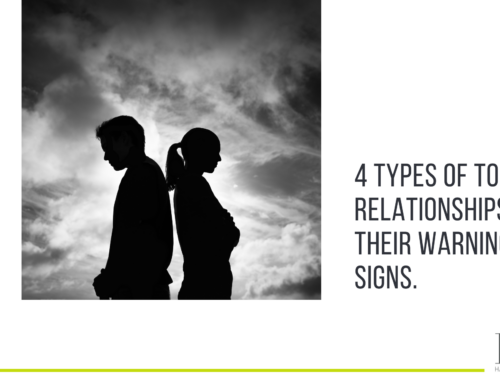Stonewalling is an extremely frustrating refusal to communicate effectively with another person, resulting in stress and anxiety.
It can be difficult to recognise, which is why awareness is so important. In this week’s blog, we’re giving you a brief outline of what stonewalling is, why people do it and how it can cause serious damage to victims and their relationships.
What is stonewalling?
Stonewalling, commonly known as ‘the silent treatment’, happens when someone deliberately shuts down communication with another person. This often involves refusing to communicate during an argument, bottling up resentment and refusing to say why, or ignoring someone completely. Much like the name, if you’ve experienced stonewalling, it can feel as though you’re talking to a ‘stone’ or ‘brick’ wall.
Other common behaviours include dismissing or trivialising a victim’s feelings and concerns, refusing to make eye contact and walking away from conversations that ideally need to be brought to a conclusion.
Why does it happen?
Though stonewalling can be unintentional, it’s also a common tactic used by narcissists to gain control over a person or relationship.
If it’s done deliberately, it stops victims from being able to address issues or concerns in the relationship, and effectively takes away their point of view and perspective. This makes it much more difficult for arguments and disagreements to be resolved and almost impossible to prevent them from happening again.
Stonewalling may also be used as a form of punishment, for example if someone is being given the silent treatment for standing up for themselves, or calling out emotionally abusive behaviour. Stonewalling can make taking a stand feel futile, and make victims less likely to speak out the next time for fear of the same thing happening all over again.
Why is it so damaging?
In some cases, frequent stonewalling can lead to a complete breakdown of a relationship. If one side refuses to ever communicate their feelings, it leads to a lack of intimacy and a lot of unresolved tension. Ultimately, the relationship becomes impossible to sustain.
Stonewalling is a form of emotional abuse, especially when it’s done intentionally. It’s another form of coercive control, which can have severe and lasting consequences on emotional wellbeing.
Being stonewalled can be really frustrating for a victim. They might end up feeling helpless in trying to solve the problem or working out what they’ve ‘done wrong’ in the first place. This can lower self-worth and highlight unwarranted feelings of guilt and shame.
Stonewalling can even cause serious physiological damage to a victim. When they’re experiencing such high levels of stress, it can lead to cardiovascular symptoms such as increased blood pressure, tension headaches, and rapid heart rate. This is not the kind of behaviour that should be left unchecked.
Harrogate Family Law can help
Ultimately, stonewalling has a serious impact on its victims, both emotionally and physically. It can make them feel completely alone, like they don’t have anyone to talk to.
At Harrogate Family Law, we’re here to help. Coming out of the other side is all about having the right support behind you, and that includes an expert legal team that can help get you the outcome you deserve.
Give us a call today to start your journey to a better future.



